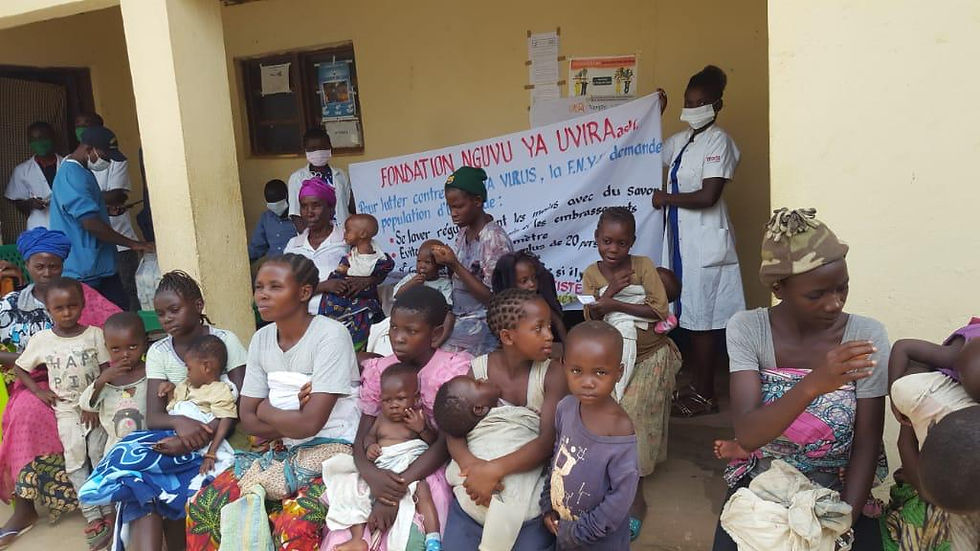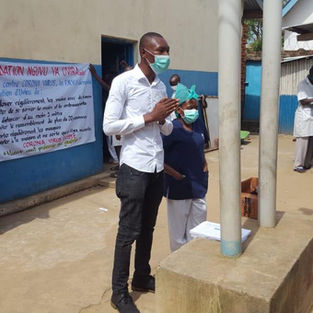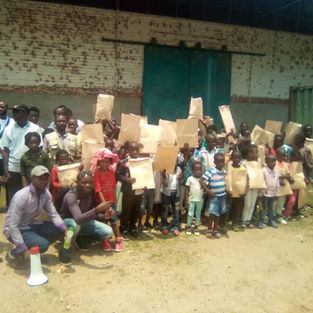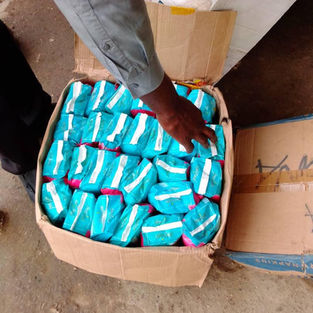
Emergency and Ad-hoc Humanitarian Support
While Nguvu ya Uvira’s core programmes have focused on long-term development and resilience, the realities of life in Uvira often demand urgent action. Floods, displacement, sexual violence, pandemics, and sudden waves of insecurity have created repeated humanitarian crises over the years. In such moments, larger-scale aid responses are not adapted to the local needs and lack key items.
Nguvu ya Uvira fills this critical gap by listening directly to affected communities and providing fast, flexible, and targeted relief. Our ability to act quickly, without bureaucracy and in consultation with those affected, allows us to provide impactful support to those who need it.
Previous Interventions
-
Severe Flooding (2019): Following catastrophic floods that displaced hundreds of families, the foundation consulted directly with affected households to identify urgent needs. In response, we distributed soap, mosquito nets, sanitary pads, and clean clothing
-
Response to Sexual Violence: In cases where children involved in our programmes were victims of sexual violence, we facilitated their referral and transfer to Panzi Hospital in Bukavu, one of Africa’s leading institutions for the treatment and support of survivors. In partnership with the United Nations, we also conducted community-based awareness sessions on sexual harassment and violence prevention and response.
-
Educational Support: For displaced and vulnerable children, the foundation provided school kits, ensuring that education could continue even amid instability.
-
Vaccination Support: Through our Combat Contre le Kwashiorkor programme, we partnered with local health authorities to administer routine vaccinations to children in the area.
-
COVID-19 Response (2020–2021): During the height of the pandemic, Nguvu ya Uvira launched public awareness campaigns and distributed face masks and hygiene supplies, helping to prevent the spread of the virus in underserved communities.

Future Plans
-
Pre-position emergency stocks of hygiene items, mosquito nets, non-perishable food, and clothing to reduce response time during crises.
-
Establish a rapid response fund for urgent purchases, including medical care and temporary shelter support.
-
Formalize partnerships with health providers and local authorities for referral and triage pathways.








